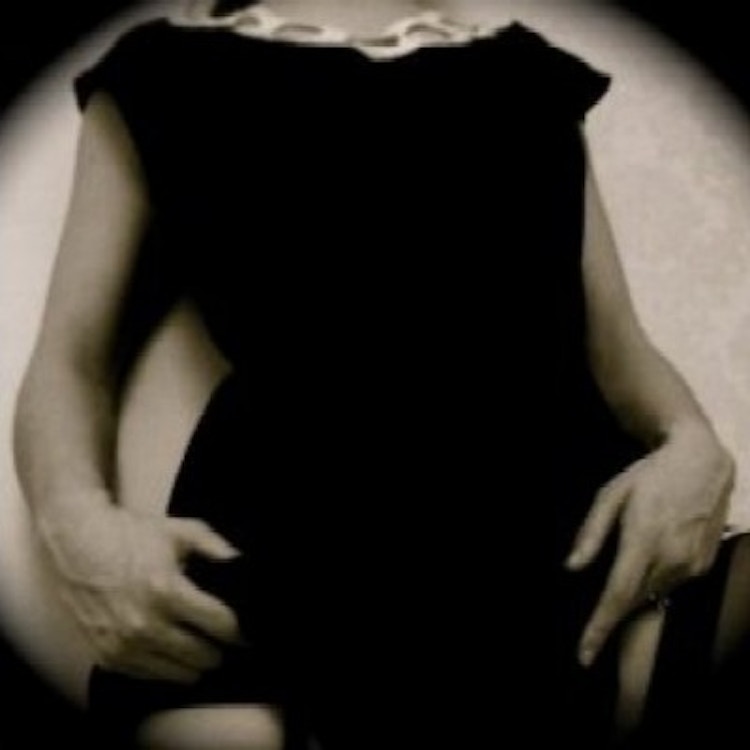"Micah P. Hinson and the Red Empire Orchestra"


A rushed Monday morning commute was not the most conducive environment to give this album its first airing, but some tracks from Micah P.Hinson's third and latest are so heart-wrenchingly poignant that I was almost welling up onto another mans shoulder. That's an indication of the usual cattle crush ride on the tube rather than a little nugget of personal disclosure, but you get the picture.
With a passing resemblance to a young myopic Elvis Costello, the slow rumbling Texan drawl that emerges from Hinson's wry frame seems to much closer match expectations based upon his unsettled personal history of addiction and mental illness, money problems and vagrancy, a jail term, and a painful back condition that endured during this recording. I suppose I'm a subscriber to the 'troubled artist' theory - at least to have had experiences from which to draw creative intensity if not currently facing obstacles; and all that is, as typically for Hinson, evident here. But the album also often hints at a flickering light at the end of the tunnel, and at those points seems to be some kind of cathartic celebration. The biggest source of his salvation must be his new(ish) wife. He actually proposed at the end of a show at London's Union Chapel late last year, and parts of the album are practically a love letter to his muse.
The opening track is a lyrically repetitive throw-away that leaves little impression other than setting the atmosphere of low key sepia sincerity, but the next is the first of the emotional big hitters. Hinson has undergone a transition from a despondent state of "Constantly craving what isn't mine" ('Tell Me It Ain't So'), through struggling hopefully "having these dreams, that you were all I needed" ('I Keep Havin' These Dreams') to praising the newly won "Love of my life" ('Sunrise Over The Olympus Mons'). Nothing beforehand quite prepares you for this lovelorn mid-album peak; as monumental a statement as the mountain (on Mars: the largest known to man) it name checks. Frazzled but still understated reverb guitar lifts off from a gentle strum of a tune and sears like a flaming cattle brand into you consciousness. It's a rare moment of electric intensity too - lo-fi, but rich, acoustic dominates elsewhere. Crisp guitar playing and beautiful combinations of chamber strings and subtle swirling Hammond organ make the melancholy audibly bittersweet. On several cuts it is these elements that provide the interest as lines of lyrics are repeated. There may be muted banjo picking here and there, and some expressive fiddle playing too. Hinson even borders on jolly occasionally, with 'When We Embraced', and the Richard Hawley-esque 'We Won't Have To Be Lonesome', but the sorrow and woe is never far away. 'The Fire Came Up To My Knees' sees Hinson at his most exposed, musically and spiritually, and 'You Will Find Me' and 'The Wishing Well And The Willow Tree' have a sweeping south-western gothic feel.
The killer punch though is the final track: 'Dyin' Alone' puts a lingering twist in your gut. It has an effortless tragic beauty than leaves you feeling quite numb. When Hinson sings "I'm not afraid of the suffering or the pain / I'm just afraid of dyin' alone", you know he has the past experience to seriously weigh up the comparison. Late Johnny Cash could not have etched a more striking lament. Micah P. Hinson doesn't do flamboyance in any form. Apart from the obvious handful, the remaining tracks might not be as immediately memorable, but stick with it and this could be a collection you'll treasure for a long time. 81% Links Micah P. Hinson [official site] [myspace]Get the Best Fit take on the week in music direct to your inbox every Friday

Emma-Jean Thackray
Weirdo

Viagra Boys
viagr aboys

William Tyler
Time Indefinite





